Cardinal Blase Cupich delivered an invocation at the Democratic National Convention that has drawn significant criticism from members of the anti-abortion Catholic community.
His avoidance of directly addressing abortion during the speech left many feeling betrayed, highlighting a deep divide within the Church on this politically charged issue.
Bishop Strickland Calls DNC Speech a Missed Opportunity

Bishop Joseph Strickland, a conservative voice within the Catholic Church, criticized Cardinal Cupich’s speech at the DNC.
He described it as a “missed opportunity to call the Democratic Party back from the abyss” in a post on X (formerly Twitter), indicating a strong disagreement with the Cardinal’s approach to the issues at hand.
Cardinal’s Prayer Focuses on Unity and Peace
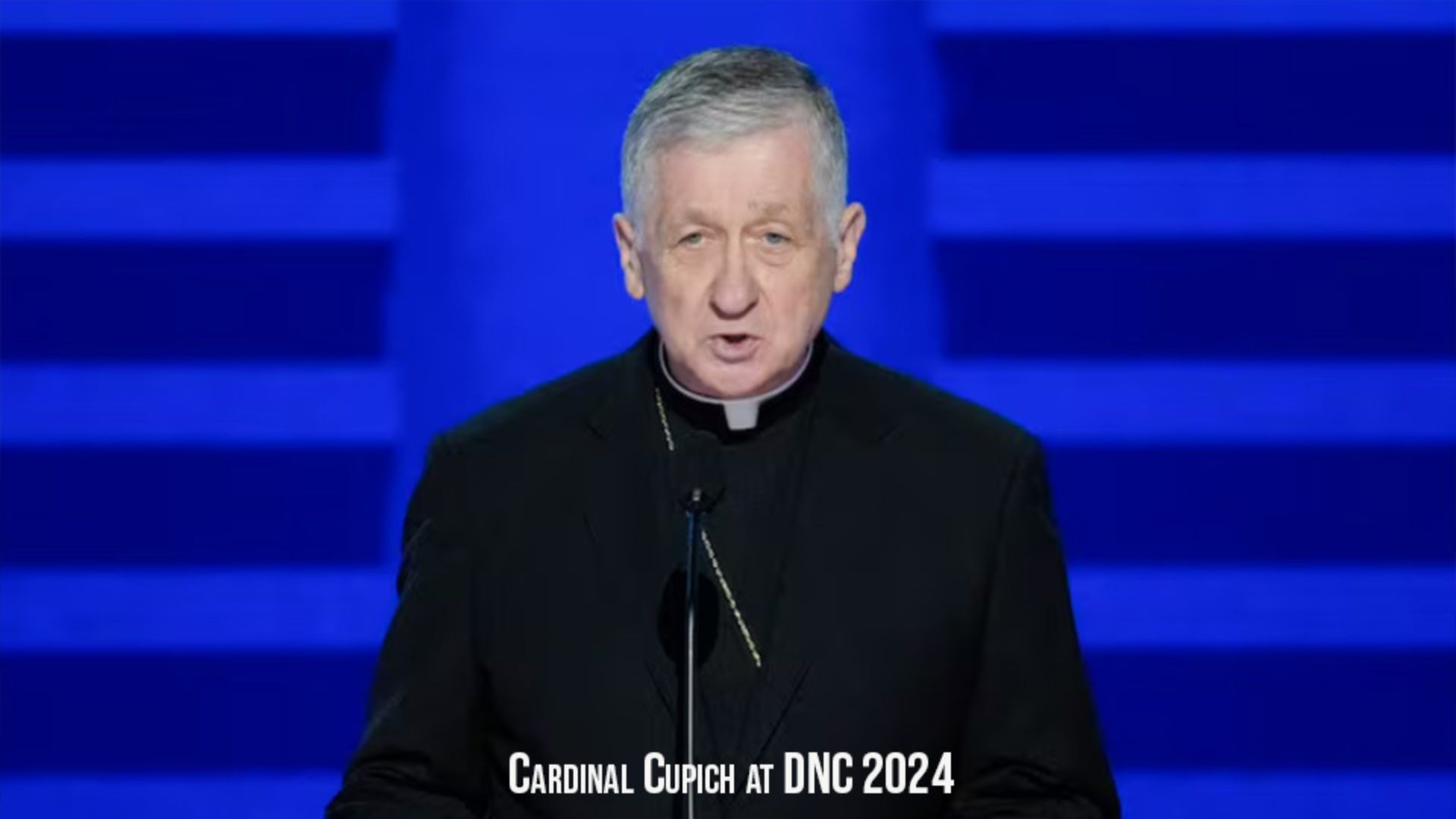
During his DNC invocation, Cardinal Cupich focused on themes of unity and national responsibility, avoiding controversial topics.
He expressed a hope that “May our nation become more fully a builder of peace in our wounded world with the courage to imagine and pursue a loving future together,” which sparked further debate among observers.
Criticism from Illinois Right to Life
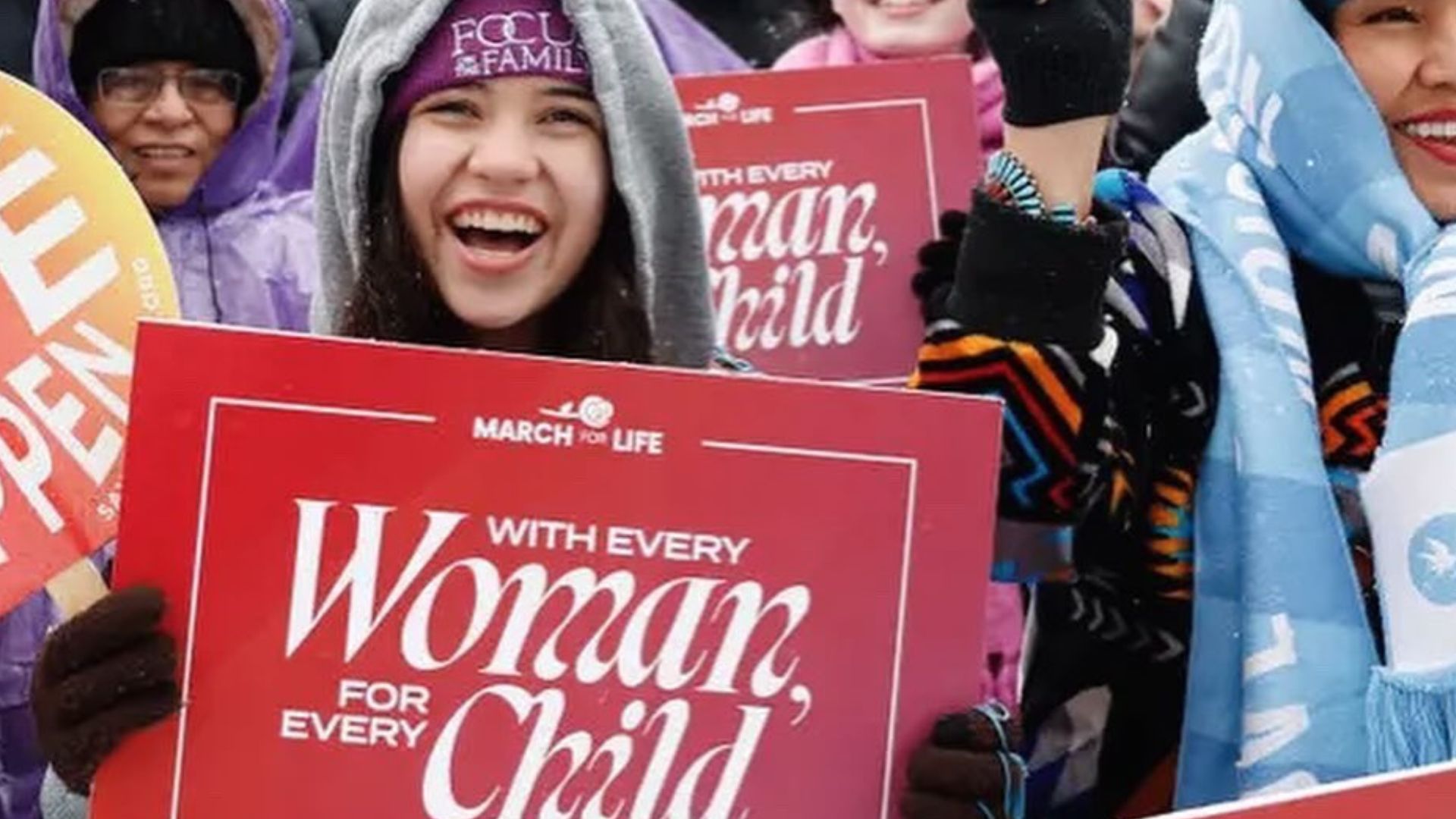
Mary Kate Zander, President of Illinois Right to Life, criticized Cardinal Cupich for his failure to speak against the Democratic Party’s stance on abortion.
She felt that the Cardinal had “betrayed the vibrant pro-life community that he once aligned himself with in our state,” ilustrating the disappointment felt by many.
Planned Parenthood’s Mobile Clinic at DNC
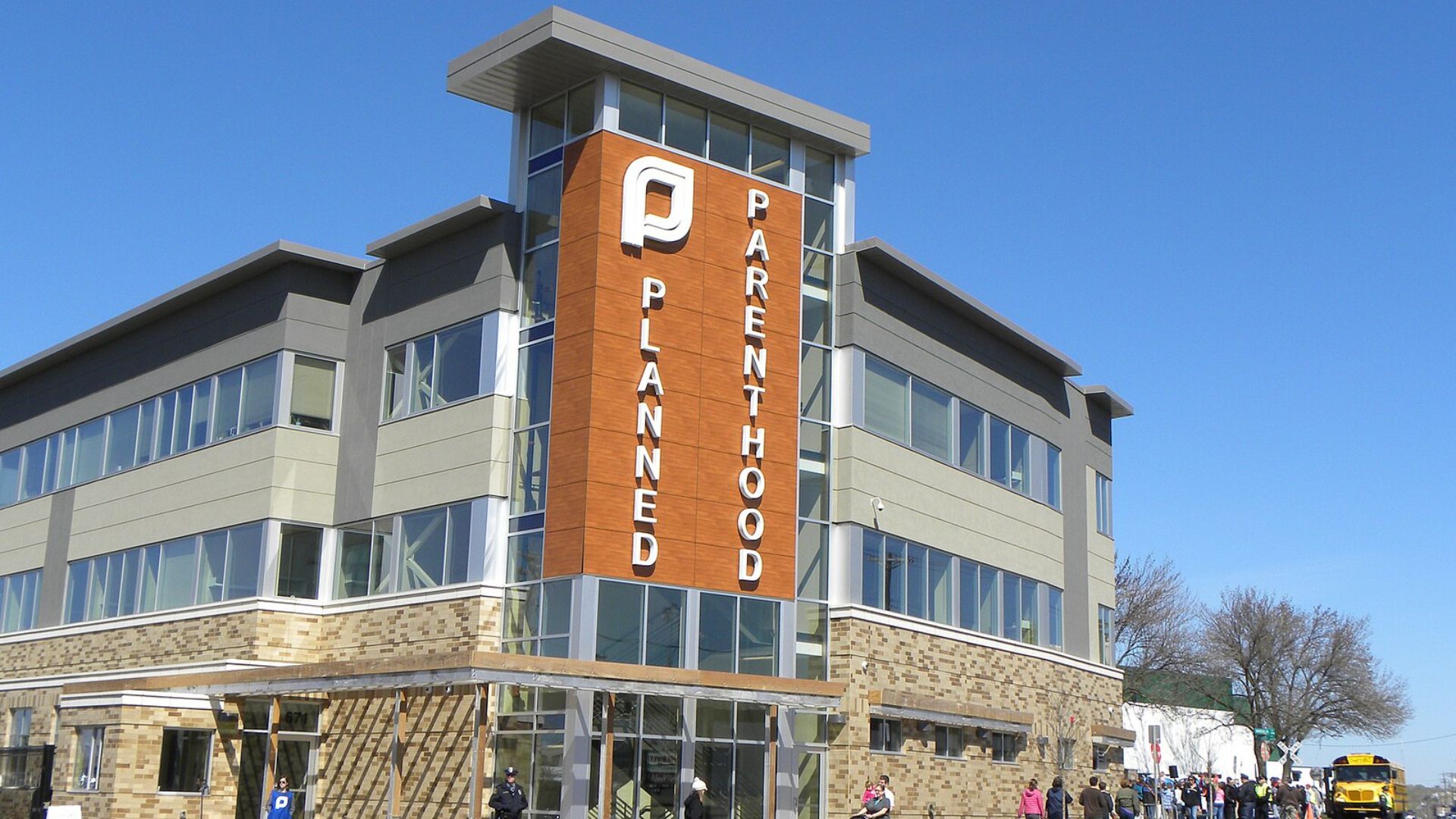
The presence of a Planned Parenthood mobile clinic offering free abortions near the DNC venue contrasted sharply with Cardinal Cupich’s message of peace.
This juxtaposition was pointed out by pro-life advocates, who saw it as undermining the Cardinal’s call for unity.
Controversy Over Omission of Jesus’ Name

The decision by Cardinal Cupich to omit Jesus’ name from his DNC prayer, referring instead to the “God of all creation,” was met with significant backlash from conservative Catholics.
This move was perceived by some as a deviation from traditional Catholic teachings.
Journalistic Critique of Cupich’s DNC Prayer

Phil Lawler, a journalist for Catholic Culture, criticized the Cardinal for not addressing the controversial ideologies present at the DNC.
He noted that “nowhere in his invocation did Cardinal Cupich offer the slightest challenge to the perverse ideology that ruled the Democratic convention,” highlighting a perceived missed opportunity for moral leadership.
Bishop Strickland’s Public Disappointment

Bishop Strickland’s criticism of Cardinal Cupich extended to social media, where he expressed his disappointment with the Cardinal’s approach at the DNC.
His comments reflect a broader criticism within certain segments of the Church towards what they see as a failure to uphold Catholic values in public discourse.
Comparing DNC and RNC Prayers
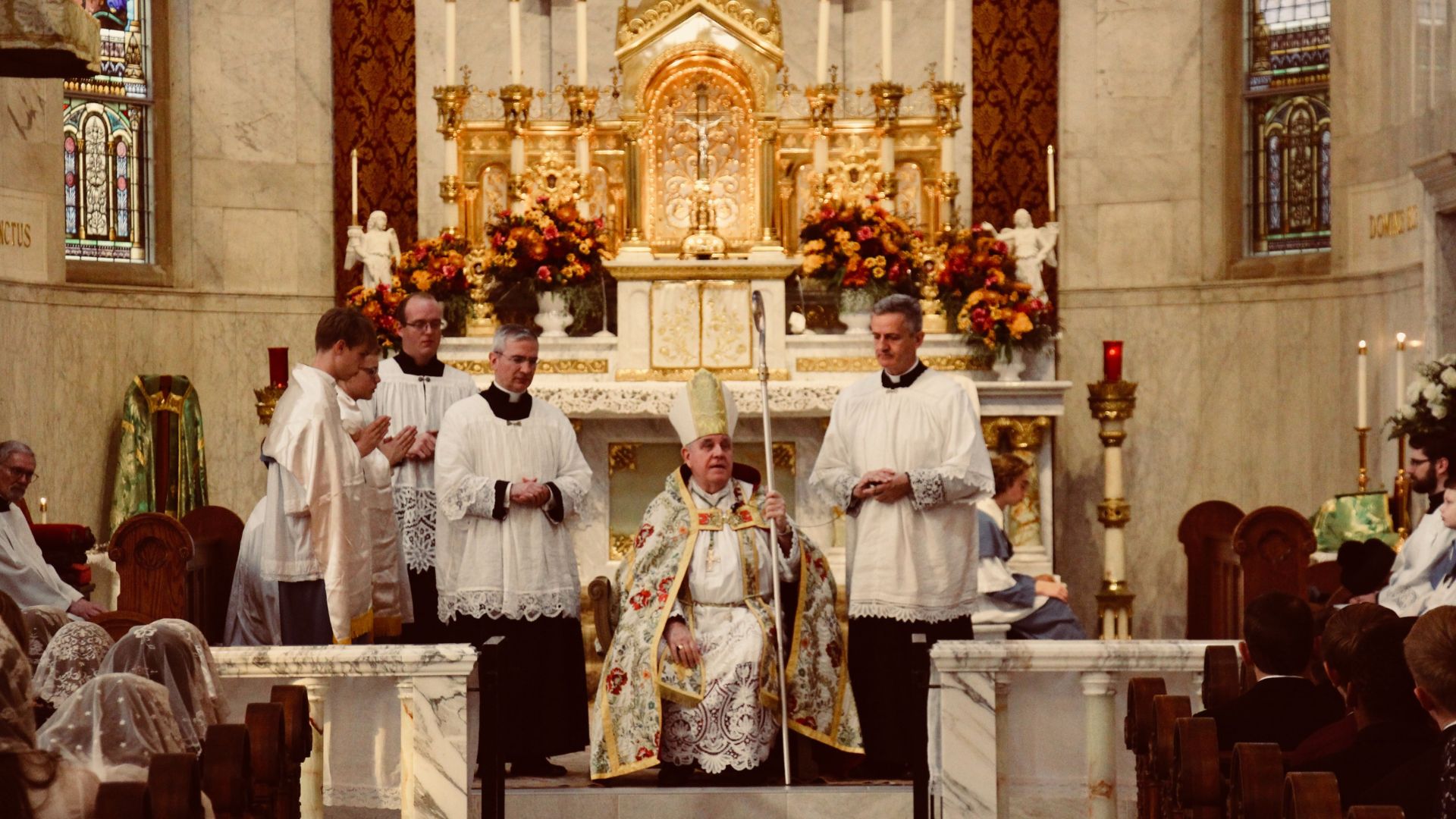
The difference in how religious figures approached their invocations at the national conventions was stark.
A Catholic podcast host on X noted that unlike Cardinal Cupich, Archbishop Jerome Listecki invoked the name of Jesus Christ during his prayer at the Republican National Convention, highlighting differing approaches to public expressions of faith.
Social Media Reaction Among Conservative Catholics

On social media, many conservative Catholics expressed their discontent.
This digital discourse reflects the ongoing tension within the Church regarding the alignment of religious leadership with political entities.
Broad Impact of Cardinal’s Speech
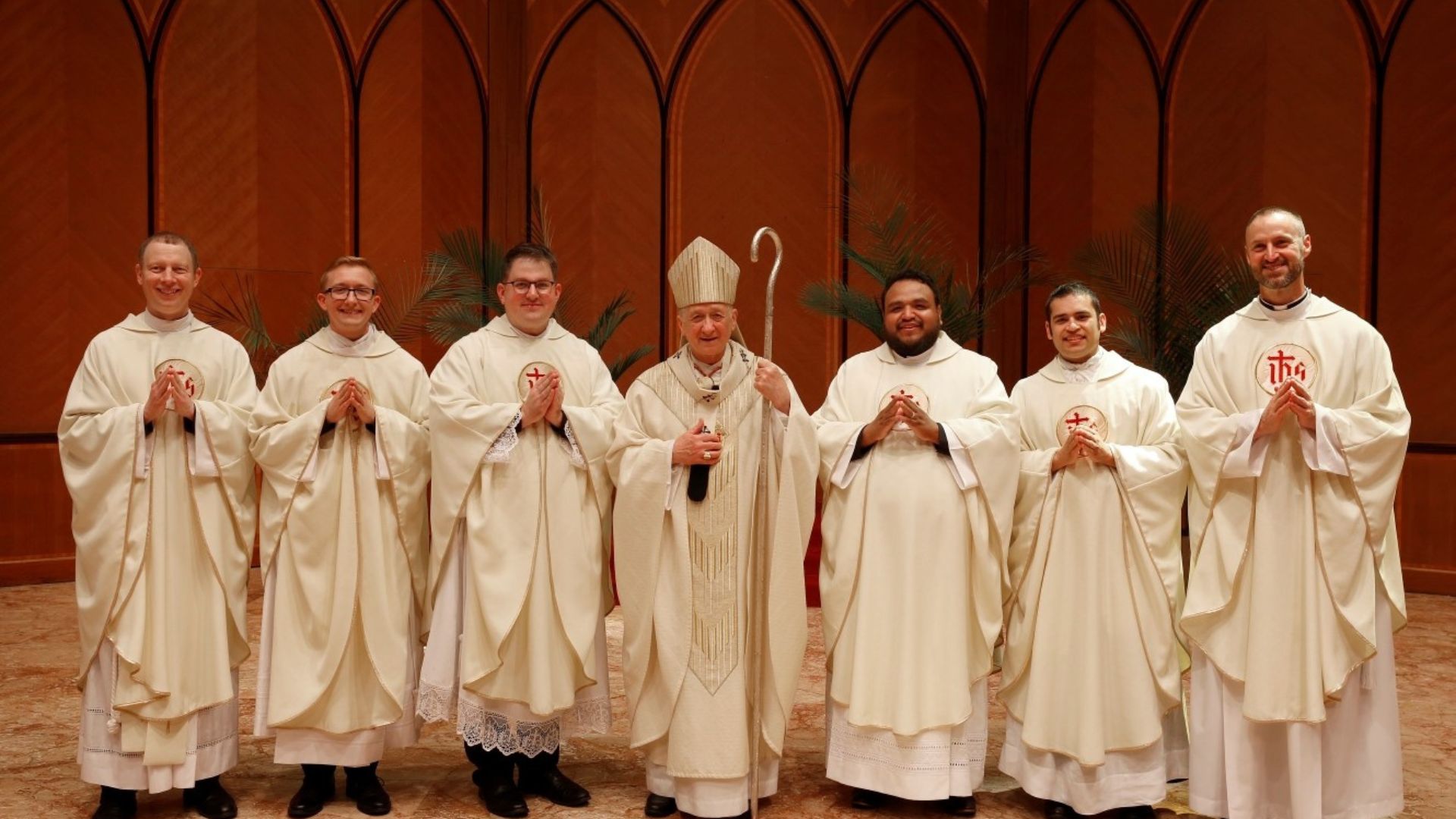
The response to Cardinal Cupich’s DNC invocation illustrates the broader challenges and debates facing the Catholic Church in America today.
The speech has become a focal point for discussions about the role of Church leaders in political life and their alignment with or opposition to political parties.
Future of Church Involvement in Politics
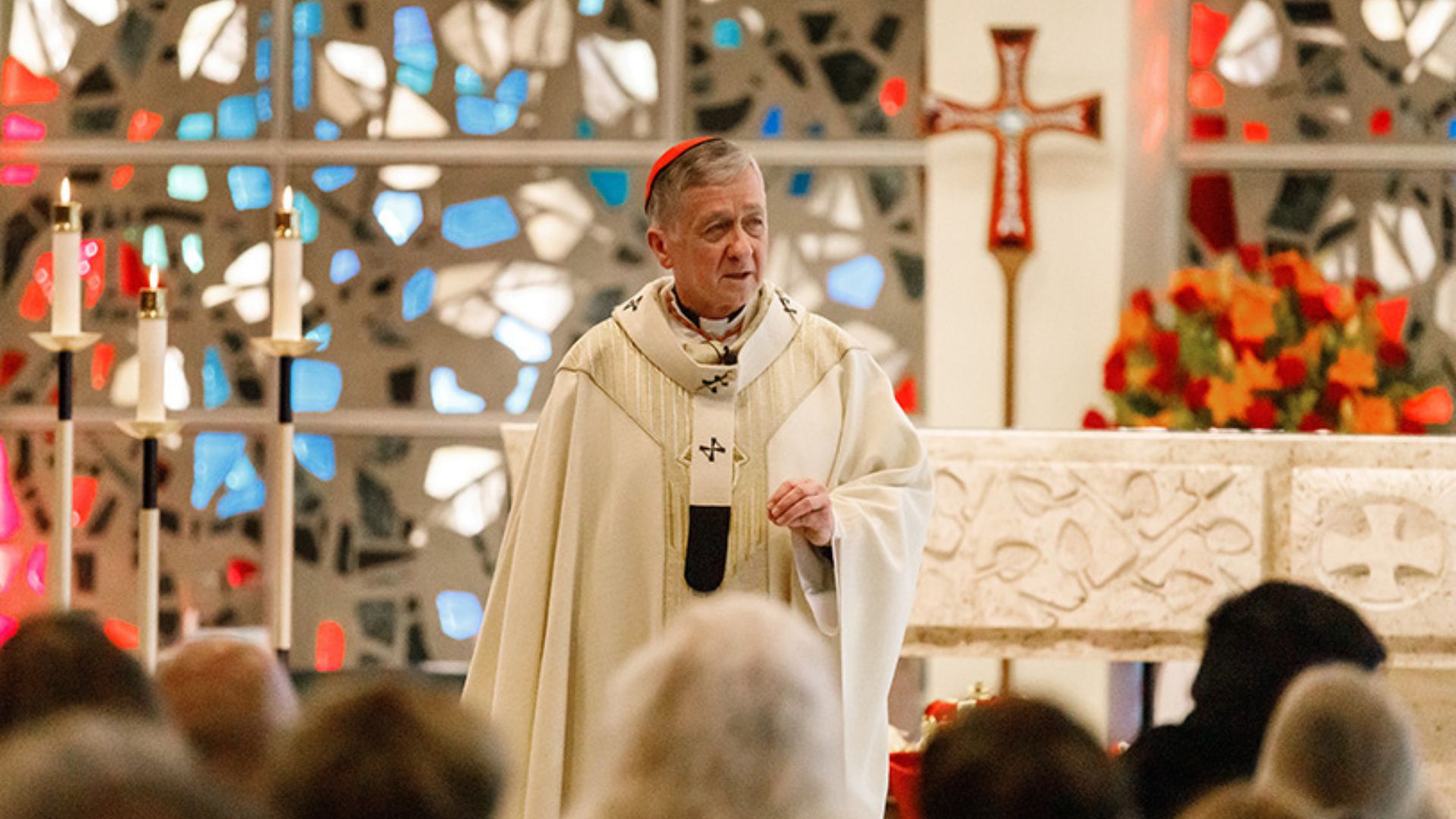
The fallout from Cardinal Cupich’s DNC appearance raises significant questions about the future role of religious leaders in political events.
It demonstrates the challenges they face in balancing their spiritual leadership with their involvement in a highly polarized political landscape, a balance that is crucial for maintaining unity within their congregations.
